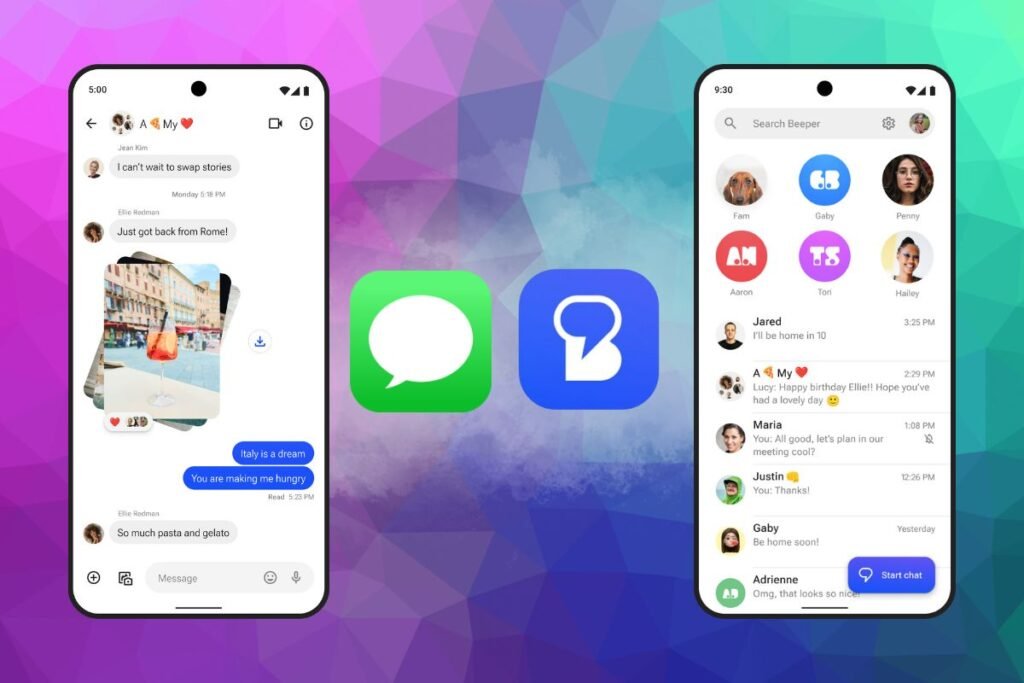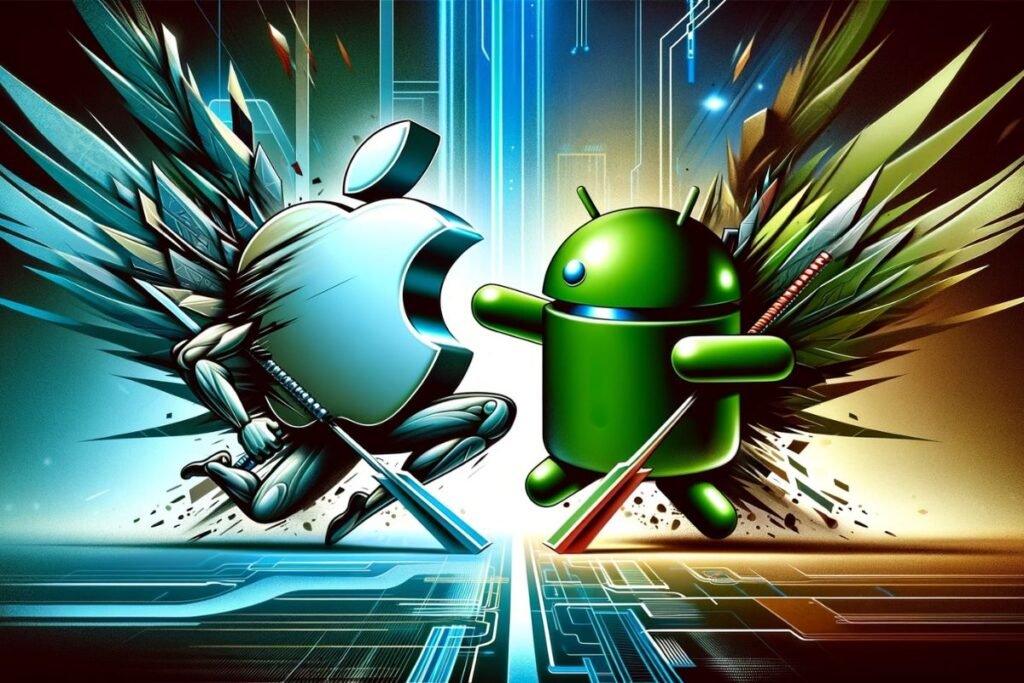The Arrival of Beeper Mini
Beeper Mini, an innovative application, offers Android users access to Apple’s iMessage service, traditionally exclusive to iPhones. This technology allowed Ben Black, an Android user, to participate in family conversations with the same quality of media and emojis that iPhone users enjoy.
Apple Responds with Restrictions
Following the launch of Beeper Mini, Apple quickly blocked access to its iMessage network, citing security and privacy concerns. This action initiated a cat-and-mouse game, with Beeper Mini seeking alternative ways to operate and Apple responding with new blocks.
Antitrust Repercussions

The clash between Apple and Beeper Mini has caught the attention of antitrust regulators in the US. The dispute raises questions about Apple’s use of market power to prevent competition and force consumers to adopt iPhones, which are generally priced higher.
Impact on the Smartphone Market
iMessage has been a crucial part of Apple’s strategy to maintain and expand its market share in smartphones. The differentiation of messages between iPhones and Androids has been an effective tool for keeping users within the Apple ecosystem.
Efforts by Competitors
Android smartphone manufacturers like Nothing, and Google itself, have sought alternatives to circumvent the limitations imposed by Apple, but so far, these efforts have not had a significant impact.
The Future of Interoperable Messaging
Experts and digital rights advocates, such as Cory Doctorow, are closely watching Apple’s response to Beeper Mini. In the long term, the issue of message interoperability may have a significant impact on the functioning of digital communications.
Our Honest Opinion
Looking at this battle between Apple and Beeper, it’s clear that the issue goes beyond technology and touches on important points like competitiveness, innovation, and consumer choice. While Apple has valid reasons to protect its ecosystem, interoperability could significantly benefit users of all platforms. This dispute highlights the need for a balance between security, privacy, and market openness. In the long run, more open collaboration between different platforms could be the key to a more inclusive and efficient messaging landscape.
You may also like:
- Samsung Galaxy Ring: A Revolution in Wearable Technology
- Unveiling Artificial Intelligence in 2024: Advances, Challenges, and the Future of AI
- Solar Shield in Space: A Bold Vision for Climate Change Mitigation
- Wind Trees: Transforming Urban Spaces with Renewable Energy
- Mastercard AI Revolution: A Leap in Fraud Detection
Source: The New York Times

